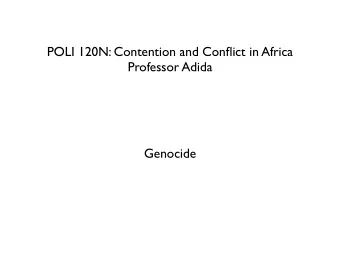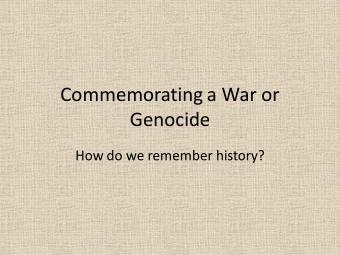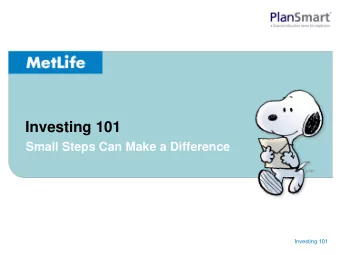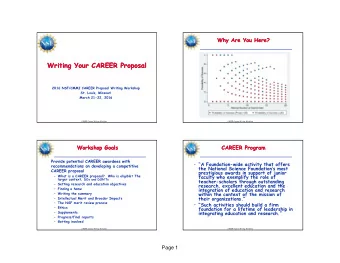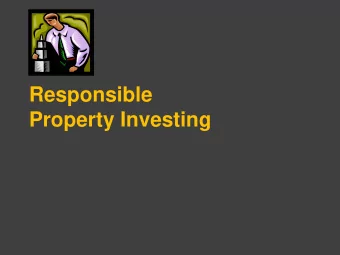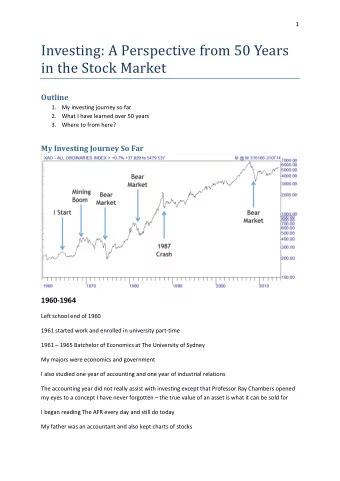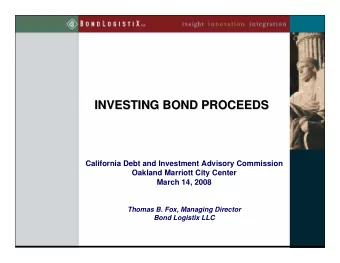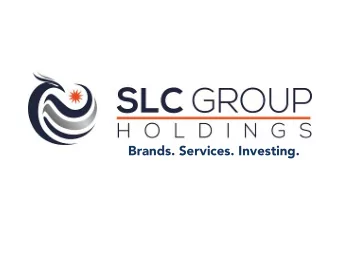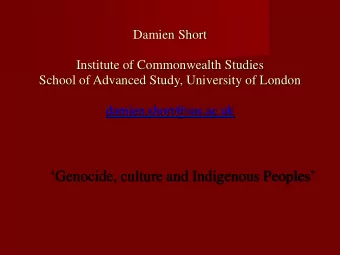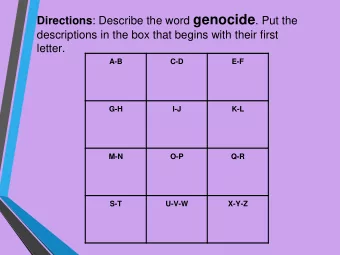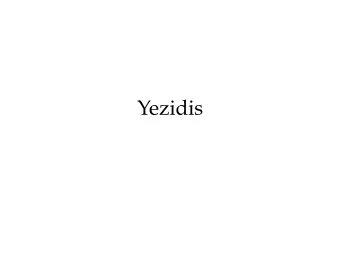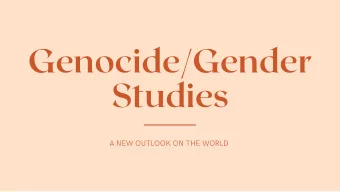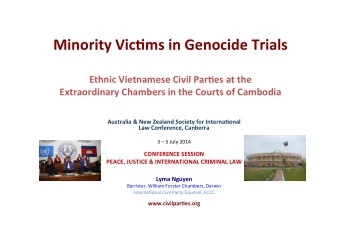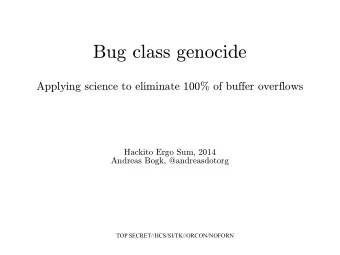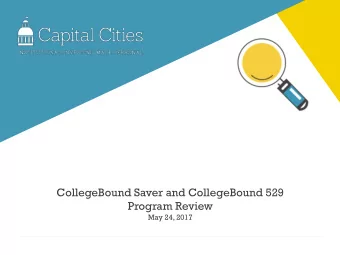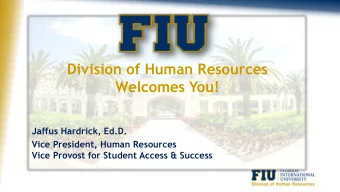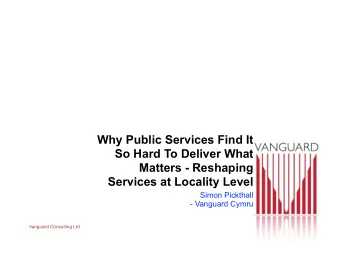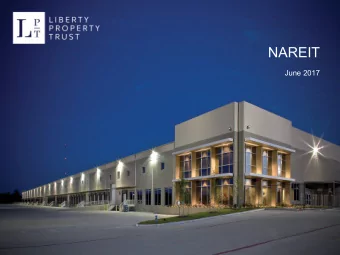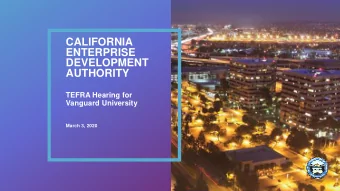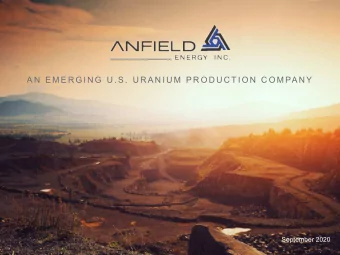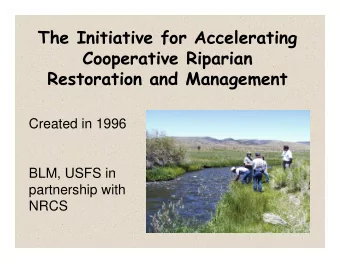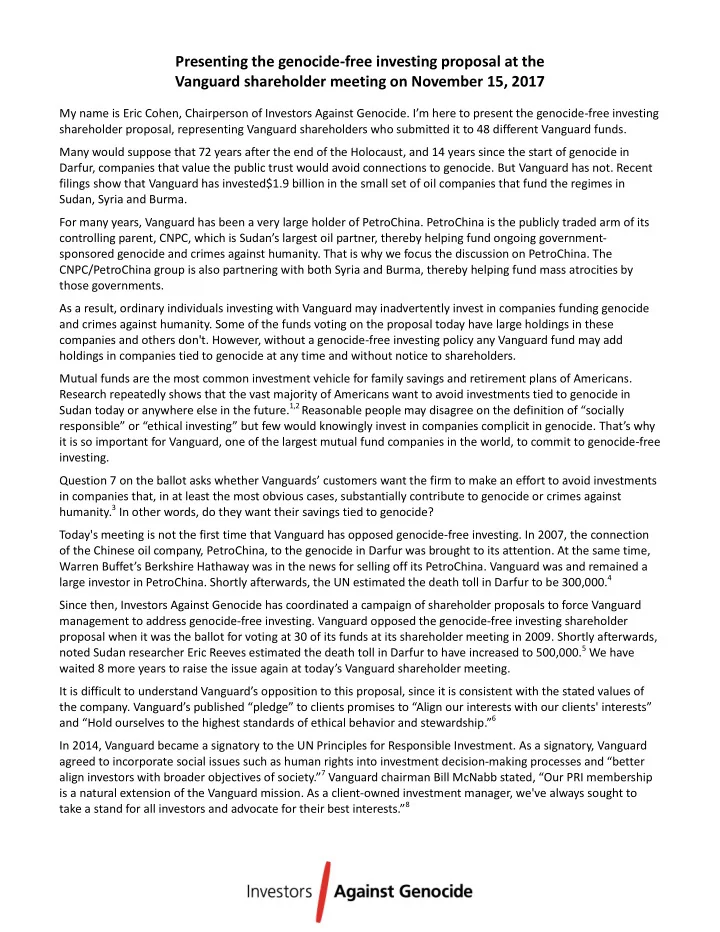
Presenting the genocide-free investing proposal at the Vanguard - PDF document
Presenting the genocide-free investing proposal at the Vanguard shareholder meeting on November 15, 2017 My name is Eric Cohen, Chairperson of Investors Against Genocide. Im here to present the genocide -free investing shareholder proposal,
Presenting the genocide-free investing proposal at the Vanguard shareholder meeting on November 15, 2017 My name is Eric Cohen, Chairperson of Investors Against Genocide. I’m here to present the genocide -free investing shareholder proposal, representing Vanguard shareholders who submitted it to 48 different Vanguard funds. Many would suppose that 72 years after the end of the Holocaust, and 14 years since the start of genocide in Darfur, companies that value the public trust would avoid connections to genocide. But Vanguard has not. Recent filings show that Vanguard has invested$1.9 billion in the small set of oil companies that fund the regimes in Sudan, Syria and Burma. For many years, Vanguard has been a very large holder of PetroChina. PetroChina is the publicly traded arm of its controlling parent, CNPC, which is Sudan’s largest oil partner, thereby helpi ng fund ongoing government- sponsored genocide and crimes against humanity. That is why we focus the discussion on PetroChina. The CNPC/PetroChina group is also partnering with both Syria and Burma, thereby helping fund mass atrocities by those governments. As a result, ordinary individuals investing with Vanguard may inadvertently invest in companies funding genocide and crimes against humanity. Some of the funds voting on the proposal today have large holdings in these companies and others don't. However, without a genocide-free investing policy any Vanguard fund may add holdings in companies tied to genocide at any time and without notice to shareholders. Mutual funds are the most common investment vehicle for family savings and retirement plans of Americans. Research repeatedly shows that the vast majority of Americans want to avoid investments tied to genocide in Sudan today or anywhere else in the future. 1,2 Reasonable people may disagree on the definition of “socially responsible” or “ethical investing” but few would knowingly invest in companies complicit in genocide. That’s why it is so important for Vanguard, one of the largest mutual fund companies in the world, to commit to genocide-free investing. Question 7 on the ballot asks whether Vanguards’ customers want the firm to make an effort to avoid investments in companies that, in at least the most obvious cases, substantially contribute to genocide or crimes against humanity. 3 In other words, do they want their savings tied to genocide? Today's meeting is not the first time that Vanguard has opposed genocide-free investing. In 2007, the connection of the Chinese oil company, PetroChina, to the genocide in Darfur was brought to its attention. At the same time, Warren Buffet’s Berkshire Hathaway was in the news for selling off its PetroChina . Vanguard was and remained a large investor in PetroChina. Shortly afterwards, the UN estimated the death toll in Darfur to be 300,000. 4 Since then, Investors Against Genocide has coordinated a campaign of shareholder proposals to force Vanguard management to address genocide-free investing. Vanguard opposed the genocide-free investing shareholder proposal when it was the ballot for voting at 30 of its funds at its shareholder meeting in 2009. Shortly afterwards, noted Sudan researcher Eric Reeves estimated the death toll in Darfur to have increased to 500,000. 5 We have waited 8 more years to raise the issue again at today ’s Vanguard shareholder meeting. It is difficult to understand Vanguard’s opposition to this proposal, since it is consistent with the stated values of the company. Vanguard’s published “pledge” to clients promise s to “ Align our interests with our clients' interests ” and “ Hold ourselves to the highest standards of ethical behavior and stewardship .” 6 In 2014, Vanguard became a signatory to the UN Principles for Responsible Investment. As a signatory, Vanguard agreed to incorporate social issues such as human rights into investment decision- making processes and “better align investors with broader objectives of society.” 7 Vanguard chairman Bill McNabb stated, “Our PRI membership is a natural extension of the Vanguard mission. As a client-owned investment manager, we've always sought to take a stand for all investors and advocate for their best interests.” 8
How does Vanguard reconcile, its insistence on maintaining flexibility to invest in companies that substantially contribute to genocide, with its stated values of “the highest standards of ethical behavior” and “aligning [Vanguard’s] interests with clients’ interests”? Vanguard opposes genocide-free investing for all its funds, for actively managed and passive funds. Vanguard does not claim that its index funds are unable to comply. In fact, in 2009, Vanguard published that it had procedures that applied to all of its funds to consider social issues and “potential divestment” in cases of “crimes against humanity or patterns of egregious abuses of human righ ts.” 9,10 However, Vanguard took no action on its holdings of PetroChina, stating, “ T he trustees have determined that no companies have warranted divestment.” 11 Shortly thereafter, Vanguard increased its holdings of PetroChina. 12 Vanguard wants to be respected and admired for pursuing “the highest standards of ethical behavior” and alignment with its customers ’ interests, but it refuses to adjust its holdings to make it so, even with regard to investments in companies that in Vanguard’s own judgment su bstantially contribute to genocide. We proposed a reasonable standard for action against a company -- if, in management’s judgment, the company ”substantially contributes to genocide.” Vanguard trustees determined that that standard was asking too much of Vanguard. 13 How can Vanguard believe that large investments in the PetroChina/CNPC group are consistent with the “highest standard of ethical behavior” when that company was responsible for most of the funding provided to the genocidal government of Sudan? There is no compelling reason for these investments. No fiduciary responsibility requires them and avoiding the very small number of problem companies need not affect financial returns. However, adopting the proposal would go a long way toward establishing that Vanguard is serious about its corporate values. The proposal doesn’t dictate which companies are of concern, but leaves it to management’s judgment. There are many well respected services and sources that Vanguard can use to determine which few companies to avoid. We may not agree with every decision Vanguard makes, but we would applaud any evidence of applying the proposed standard. Since raising this issue with Vanguard in 2007 and through 2016, U.S. sanctions explicitly prohibited American compani es from doing business with Sudan’s oil industry and still prohibit American companies from doing business with Syria’s oil industry. But Vanguard has insisted on investing in foreign companies that provide these same services. This proposal is not difficult and it is well within Vanguard’s abilities. If T. Rowe Price, TIAA-CREF, American Funds, 30 states and 61 colleges can all take steps to avoid investments tied to genocide, why can’t Vanguard? Moreover, in the face of genocide, it is the right choice right for Vanguard’s customers, and right for its business. It may be too late to help the people of Darfur, Syria and Burma, but establishing an investment policy to avoid ties to genocide may well slow corporate support for a future genocide. Vanguard Trustees and management, I ask you to give a substantive answer to this question. Explain how Vanguard’s published corporate values align with its policies regarding investments in companies tied to genocide or crimes against humanity, and specifically explain how its investments in CNPC/PetroChina are consistent with its published corporate values. 1 KRC Research Results from 2010 and 2007, accessed November 6, 2017- http://www.investorsagainstgenocide.org/files/KRC-research-results-from-2010-and-2007.pdf 2 ING Emerging Countries proxy voting results from June 28, 2012, accessed November 6, 2017 - http://www.sec.gov/Archives/edgar/data/895430/000117152012001135/ex99-77c.htm 3 Vanguard’s definitive proxy materials filing, August 14, 2017, accessed November 6, 2017 https://www.sec.gov/Archives/edgar/data/891190/000093247117004795/def14a.htm
Recommend
More recommend
Explore More Topics
Stay informed with curated content and fresh updates.
